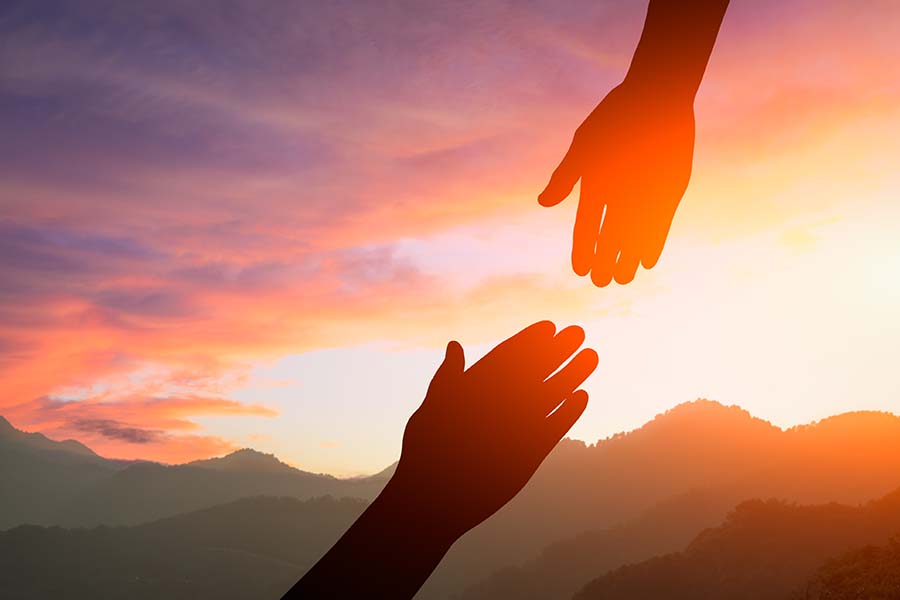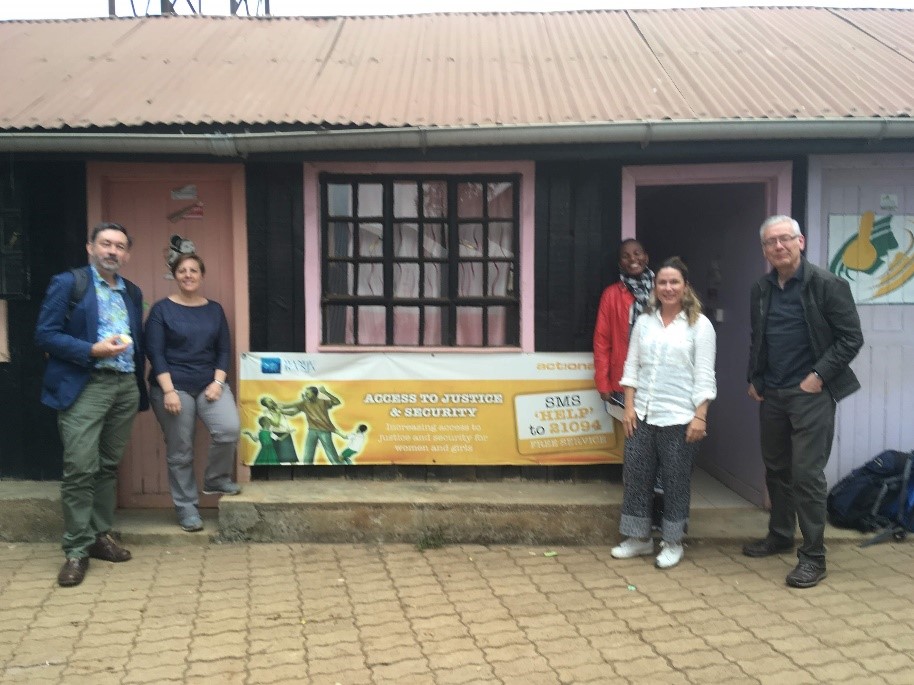
By Laura Stevens and Dr Heather Flowe
School of Psychology, University of Birmingham
As we walked into the Ruben Centre, Mukuru, Kenya, one of the poorest places in the world, we were greeted with the glorious sound of children’s voices filling the air. Their voices were so free and full of joy despite their circumstances. Never would you think that this was a place where 1 in 3 girls experience sexual violence (SV) during their childhood, and where the stigma and fear surrounding SV prevents survivors from accessing justice.
During this visit to Kenya, we spent time with a SV charity, the Wangu Kanja Foundation (WKF). We learned that, while the Nairobi Women’s Hospital has handled 10,000 cases of SV so far this year, there are only five cases in the court system. These numbers underscore a significant problem in Kenya: victims do not report rape to the police (Owiti, Otieno, & Kanja, 2018). Survivors do not report for many reasons, including a fear of reappraisal by the perpetrator (WKF, 2017); improper practices and non-empathetic responses on the part of the police (WKF, 2017); and the culture of stigma, wherein victims seem more likely to be punished than perpetrators (Owiti et al., 2018).
SV has severe consequences for victims. It can be traumatic, as well as bring about shame, guilt, pregnancy, disease, and in some cases, the victim’s death (Owiti et al., 2018). While we were in Kenya, we met a 14-year old SV survivor, who, due to her attack, has become an underage mother. Subsequently, she has had to end her education to care for her child, resulting in her having limited prospects for ever leaving the settlement. Her story highlights that we must make progress in responding to SV in Kenya.
Innovative projects to improve testimonial collection in Kenya
The aim of our visit was to meet with stakeholders to co-develop innovative approaches to support SV case prosecutions. Another aim, supported by the ESRC NGO fund (led by Flowe with Co-Investigator Smith), was to scope existing data sources and identify opportunities for increasing the knowledge-base. Our work is only just beginning, with several projects underway.
One project is the development of a new phone application to collect testimony from SV survivors in all 47 counties of Kenya. This will enable us to obtain data about SV characteristics, as comprehensive knowledge about SV is currently lacking due to under-reporting. The application also obtains comprehensive accounts from survivors to preserve and protect memory evidence.

Another project (led by Professor Lisa Smith with Jobling, Wetton and Flowe as Co-Investigators), supported by the Humanitarian Innovation Fund, is a self-administered DNA collection kit that enables survivors to collect forensic evidence when there is no medical clinic available.
The Wangu Kanja Foundation (WKF) Survivors’ Network
The WKF is working hard to amplify the voices of survivors. They have established the Survivors of SV in Kenya (SSV_Ke) network, made up of individuals who have all experienced SV. The network is working to ensure that all survivors feel they have a sympathetic individual who will listen to them and help them through the justice system.

Everybody can get involved in ending sexual violence
The WKF is helping to organise the Women’s Run KE , which will launch 16 days of Activism to end SV. We are going to run in solidarity with them and, to help raise money for the invaluable work of WKF, we have made the Women’s Run KE t-shirts available here in the UK (sold for £13). Join us and run with your friends and family wearing a pink t-shirt in a park near you on the 25th November, and tweet images of your run to @WomensRunKE with #RunForProtection.

References: Kenya National Bureau of Statistics (KNBS) and ICF Macro. 2010. Kenya Demographic and Health Survey 2008-09. Calverton, Maryland: KNBS and ICF Macro.
Owiti, J, A., Otieno, P, E., & Kanja, W. (2018). Survivors of Sexual Violence Consultative Forum Report.
Wangu Kanja Foundation (2017). Sexual Violence Analysis Summary Report. Nairobi, Kenya.
Wangu Kanja Foundation. (2017). Survivors of Sexual Violence in Kenya: Strategic Plan 2018-2022. Nairobi, Kenya: Endless Inspiration.
